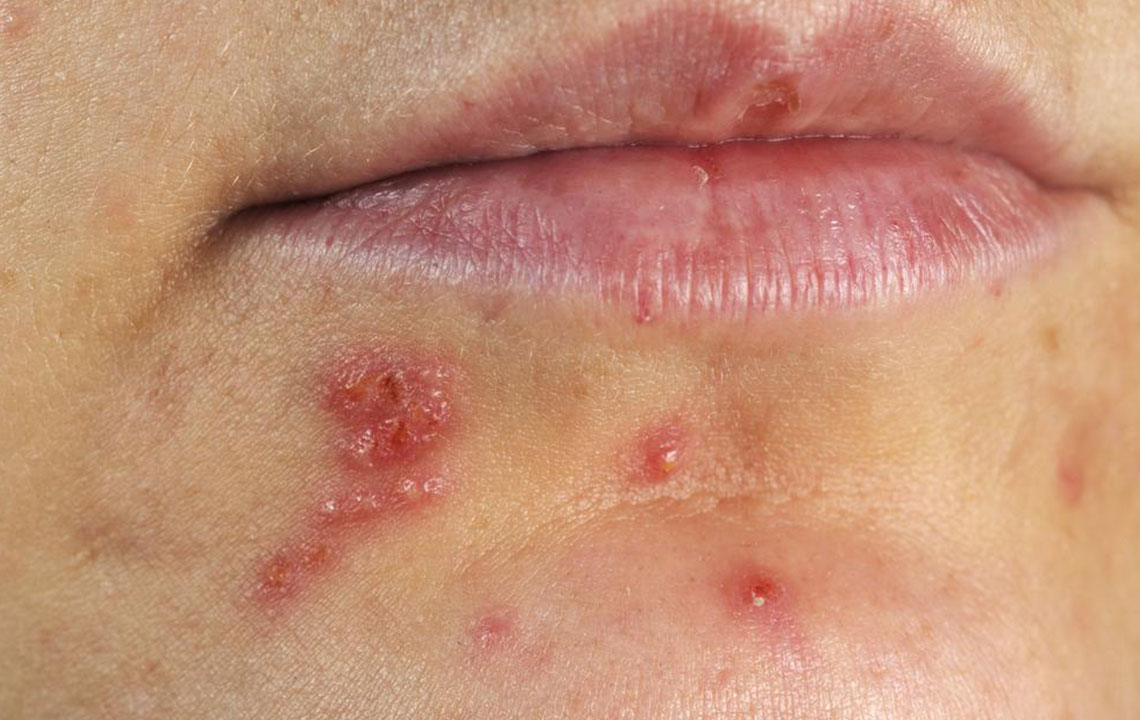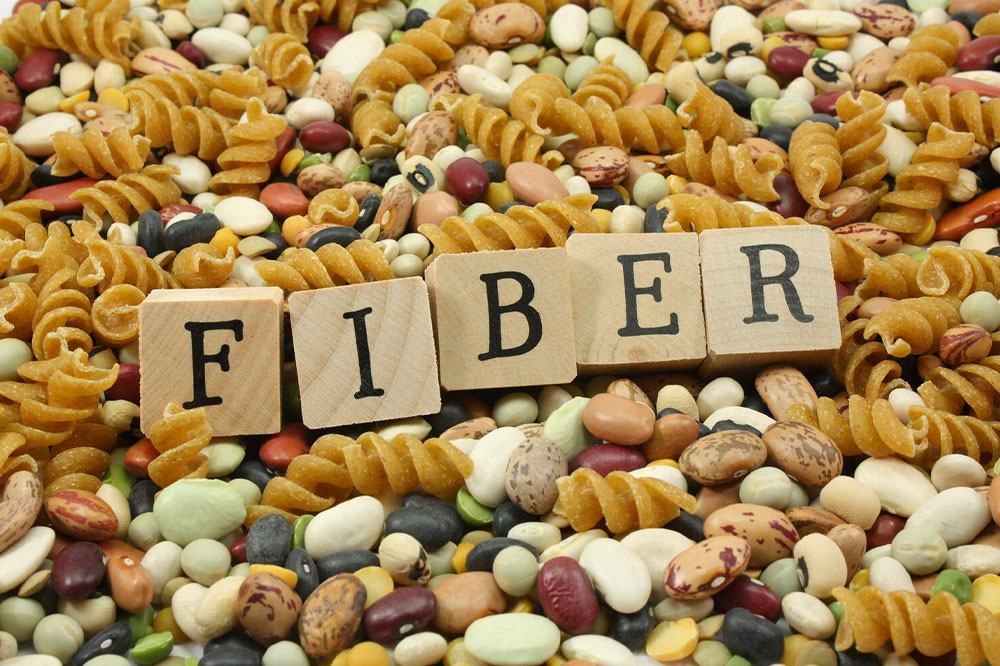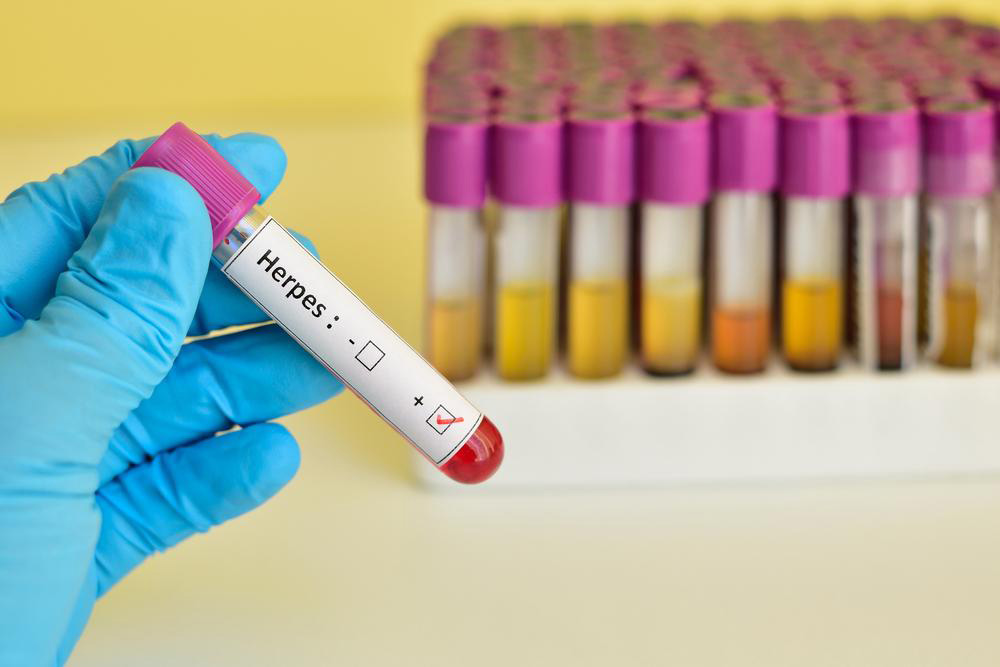Comprehensive Dietary Strategies to Accelerate Herpes Recovery and Manage Symptoms
Learn effective dietary strategies to manage herpes outbreaks. Incorporate lysine-rich foods, essential nutrients, and avoid trigger foods to promote faster healing and reduce outbreak frequency. Combine diet with medical treatment for optimal results.

Comprehensive Dietary Strategies to Accelerate Herpes Recovery and Manage Symptoms
Herpes outbreaks can be a painful and persistent health issue, impacting both physical comfort and overall well-being. While antiviral medications are a cornerstone of herpes treatment, an often-overlooked aspect of managing this condition is the role of diet. Proper nutrition can bolster your immune system, help reduce the frequency and severity of outbreaks, and support faster healing. In this detailed guide, we will explore essential dietary recommendations that can help you effectively manage herpes symptoms and promote quicker recovery.
Focus on Lysine-Rich Foods to Suppress Viral Activity
Lysine, an essential amino acid, has been extensively studied for its role in managing herpes outbreaks. It works by competing with arginine, another amino acid that the herpes virus uses to replicate. By increasing lysine intake, either through diet or supplements, you can potentially reduce the frequency and intensity of outbreaks. Incorporating lysine-rich foods into your daily meals is a natural and nutritious way to support your immune system.
Foods abundant in lysine include various dairy products such as yogurt, cheese, and milk, which are excellent sources of this amino acid. Lean meats like chicken and turkey also provide ample lysine for your body. Furthermore, certain fish—such as sardines, cod, and tuna—are not only rich in lysine but also supply healthy omega-3 fatty acids beneficial for overall health. For those who prefer plant-based options, sprouted grains like quinoa and lentils can serve as good sources of lysine. Fruits such as mangoes, avocados, and tomatoes, along with vegetables like beets and spinach, contribute to your lysine intake, supporting immune health and tissue repair.
However, individuals who are pregnant, nursing, or have kidney conditions should consult their healthcare provider before making significant changes to their lysine intake or starting supplements, to ensure safety and appropriateness.
Enhance Skin Healing with Key Nutrients
Optimal skin health is crucial during herpes outbreaks, as the virus affects mucous membranes and skin tissue. Nutrients such as zinc, vitamin C, and bioflavonoids play vital roles in immune defense and tissue regeneration. Adequate intake of these nutrients can help reduce lesion severity, accelerate healing, and strengthen the skin’s barrier function.
Foods rich in zinc include seeds, nuts, legumes, lean meats, and shellfish. Vitamin C, a powerful antioxidant, is abundant in citrus fruits, strawberries, bell peppers, and leafy greens. Bioflavonoids, compounds found in citrus peel, berries, and green tea, further support immune health and reduce inflammation. Incorporating a variety of these nutrient-dense foods into your diet can significantly improve your body's capacity to recover swiftly from herpes outbreaks.
Reduce Intake of Arginine-Boosting Foods
Since arginine promotes herpes virus replication, it's advisable to limit foods high in this amino acid. Common arginine-rich foods include refined wheat products, chocolates, nuts, and nut butters, as well as oats and certain protein powders. By reducing these foods, you may decrease the likelihood of viral activation and lessen the frequency of herpes outbreaks.
Opt for low-arginine alternatives such as refined white bread (in moderation), seeds, and certain fruits. Managing your arginine intake is a proactive step to control herpes symptoms and maintain a healthier immune system.
Avoid Processed and Sugar-Heavy Foods to Support Overall Immunity
Processed foods, sugary snacks, and beverages can impair immune function and promote inflammation, which may exacerbate herpes symptoms. To optimize your body's ability to fight the virus, limit consumption of sugary cereals, flavored yogurts with added sugars, candies, pastries, and fast food. Choosing whole, unprocessed foods helps maintain balanced blood sugar levels and reduces immune suppression that can trigger herpes reactivation.
Focus on a balanced diet rich in whole grains, fresh fruits and vegetables, lean proteins, and healthy fats. Staying well-hydrated also supports tissue health and immune function, aiding your body in healing more efficiently during outbreaks.
In conclusion, adopting a herpes-friendly diet involves strategic choices that can support immune health, minimize outbreak frequency, and facilitate faster healing. By emphasizing lysine-rich foods, ensuring adequate intake of essential nutrients like zinc and vitamin C, limiting arginine-rich and processed foods, you create an environment less conducive to viral activation. Combine these dietary strategies with medication and lifestyle modifications for comprehensive management of herpes. Remember to consult healthcare professionals before making significant dietary changes or starting supplements, especially if you have underlying health conditions. Your nutrition choices can make a meaningful difference in how you manage herpes and improve your quality of life.




